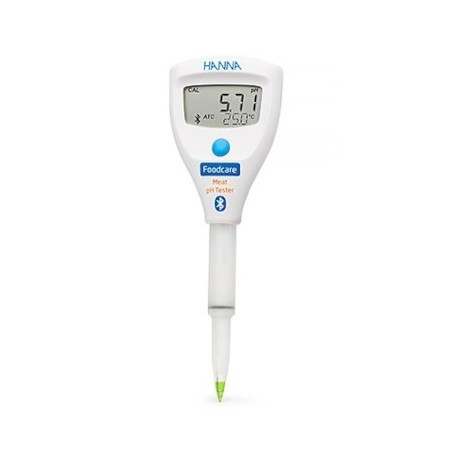The main source of energy for feeding pigs is starch, which depending on the type can alter the utilization of energy and the metabolisms of protein and lipid in muscle of pigs. Consequently, might affect meat quality through influencing post-mortem muscle property and myofibre transformation. To investigate the effects of dietary starch types on growth performance and meat quality of finishing pigs, ninety barrows (68.0 ± 2.0 kg) were randomly allotted to three experimental diets with five replicates of six pigs, containing pure waxy maize starch (WMS), non-waxy maize starch (NMS) and pea starch (PS) (amylose/amylopectin were 0.07, 0.19 and 0.28 respectively).
Compared with WMS diet, PS diet increased the average daily gain, loin eye area, pH45 value, NMR transverse relaxation (T2)2 peak area ratio and sarcoplasmic protein solubility. Whereas it decreased the feed to gain ratio, back fat, drip loss, cooking loss and T23 peak area ratio. Moreover, PS diet increased the myosin heavy-chain (MyHC)-I and IIa levels, decreased the MyHC-IIb level, decreased the miR23a level and increased its target gene level, increased the miR499 level and decreased its target gene level. In conclusion, PS diet with greater amylose content could improve growth performance, loin eye area and decrease back fat depth in finishing pigs. Moreover, dietary starch with greater amylose/amylopectin ratio affected meat quality via improving the post-mortem muscle properties and promoting the transformation of fast-to-slow skeletal muscle fibre in finishing pigs.

Li, Y. J., Li, J. L., Zhang, L., Gao, F., and Zhou, G. H. (2017). Effects of dietary starch types on growth performance, meat quality and myofibre type of finishing pigs. Meat Science, 131, 60-67. https://doi.org/10.1016/j.meatsci.2017.04.237






